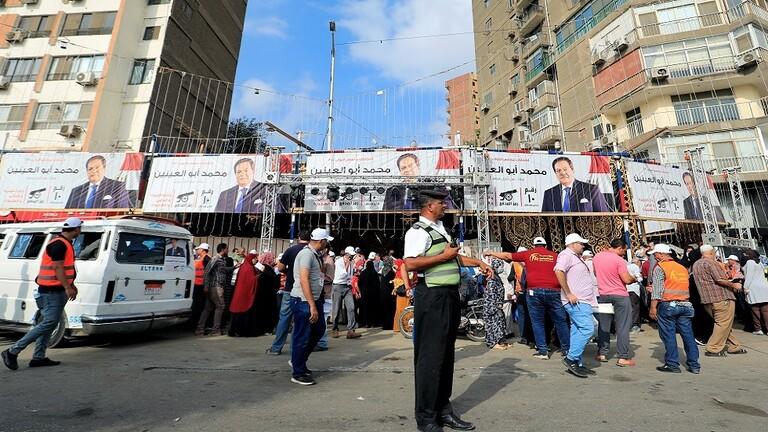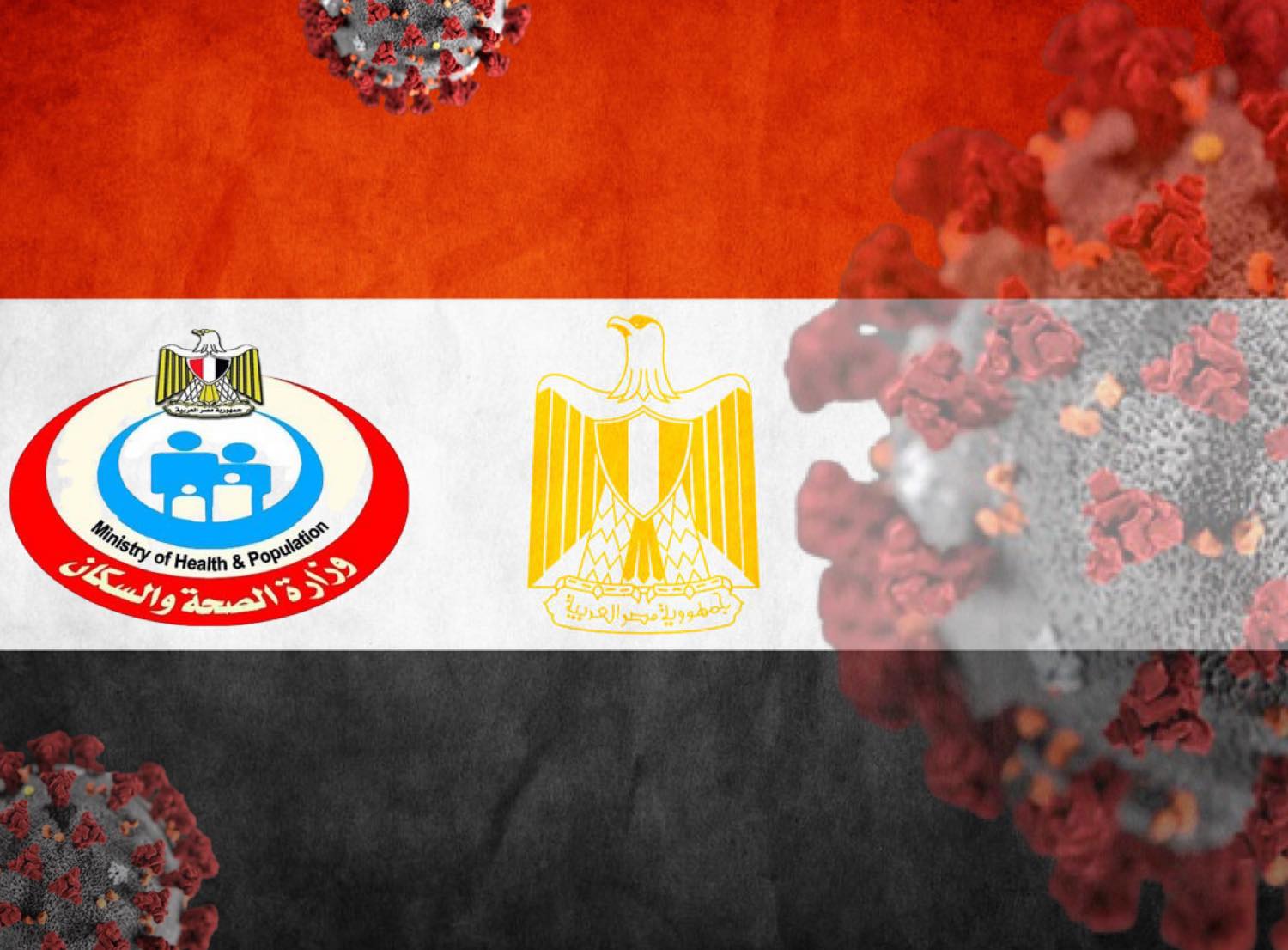Abdel Fattah al-Sisi’s statement regarding medical staff, when he confirmed that they would take their return “from our Lord” and that the state will not be able to give them anything, sparked widespread controversy in Egypt.
Many compared the state’s treatment of army and police personnel, whether they were alive or dead, and its treatment of the coronavirus victims among the medical teams and said that the state is refraining from giving them their rights despite the fact that they risked their lives during the pandemic.
Perhaps the most prominent of the angry statements came from the former Undersecretary of the Egyptian Ministry of Health, Mustafa Gawish, when he said that “the martyrs of the army and the police, their right is with our Lord as well, but al-Sisi gives their families financial and societal benefits.” He added, “Social justice is required. The martyrs of the medical teams died in order to defend the homeland against a pandemic that is ravaging the whole world, and their right is guaranteed in all international laws and conventions.” He continued, “But al-Sisi wants to elude giving them their rights.”
Mona Mina, the former representative of the Egyptian Doctors Syndicate, said: “God will reward the martyrs of the medical staff, with justice and generosity. As for their families and children, they have certain rights in society and the state.”
On social networking sites, activists said that the army and doctors are equally endangering their lives; the two are like each other, calling for equal treatment by the state with them and their families, even if the appreciation and attention are moral, not financial. They criticised al-Sisi for only paying attention to the military.
Activists attributed al-Sisi’s approach towards the army and police to his desire to protect injustice, failure, and tyranny. So he gives them everything, alive and dead, in exchange for the defeated people’s money. Doctors in Egypt are among the most affected doctors worldwide from coronavirus, as the number of their deaths from the virus has reached nearly 400 since the start of the pandemic until now.
The syndicate always demands that the state treat the families of the victims of medical teams in the same way it treats army and police victims, especially since many are young men whose families receive a weak pension after their death. However, the regime did not pay them any additional compensation. Since the start of the pandemic, doctors have found themselves with an infection allowance of only EGP 19 per month (around $1) and a modest pension in the event of death. Thus, the doctors entered two parallel battles, the first with the virus and the other with the Ministry of Health, in an attempt to improve their financial conditions and face the shortage of medical capabilities and supplies.
The General Syndicate of Doctors, together with the Presidency and the government, tried to raise the value of the infection allowance, which doctors receive, to the same as judges, who receive EGP 3,000 as an infection allowance, but it did not materialise. Since the beginning of the virus, some doctors have reported the absence of “the simplest preventive medical supplies,” including masks and gloves. They wondered, angrily, why Egypt is sending medical aid to some countries of the world at a time when employees at Egyptian government hospitals decry the lack of equipment. When doctors tried to oppose the government’s handling of the covid pandemic via social media, the regime arrested some of them on political charges, such as spreading rumours and misusing social media, and some of them are still in prison.
Egypt has been suffering for years from the emigration of medical personnel due to what they describe as “harsh” working conditions, lack of appreciation, and low wages. Khaled Samir says that the arrest of doctors “will only spread a state of fear, anger, and frustration among the majority of medical workers, which may result in further emigration. ” Last June, Amnesty International called on the Egyptian authorities to immediately stop what it described as a campaign of harassment and intimidation against health care workers on the front lines who criticise the government’s handling of the corona epidemic crisis.
The organisation said it documented the authorities’ use of “vague” charges to arrest and detain healthcare workers who publicly express their views and even expose them to harassment, threats, and punitive measures. In an attempt to appease medical staff al-Sisi agreed to increase medical professions’ allowance by 75 per cent, from what was previously ranging between EGP 400 and 700. Although 2020 has ended, the doctors’ double crisis with corona and the government remained the same.
On the other hand, parliament and the government continue their efforts to collect money from citizens to support the martyrs, victims, missing persons and injured in the war, terrorist and security operations, and their families. The government is allowed to deduct part of the salaries of government employees for the benefit of the fund. Moreover, the army’s and police’s salaries have witnessed several increases since 2013, which angered Egyptians. Despite this, the former Speaker of Parliament, Ali Abdel-Aal, pledged to increase it again, claiming that “police pensions require real reform.”
Al-Sisi expressed solidarity with demands to increase the salaries of the army and the police and said in previous statements: “The sums and salaries that officers in the army and police take are very modest. If I tell you the numbers, you will be surprised.” However, he did not reveal what the number was.





Recent Comments